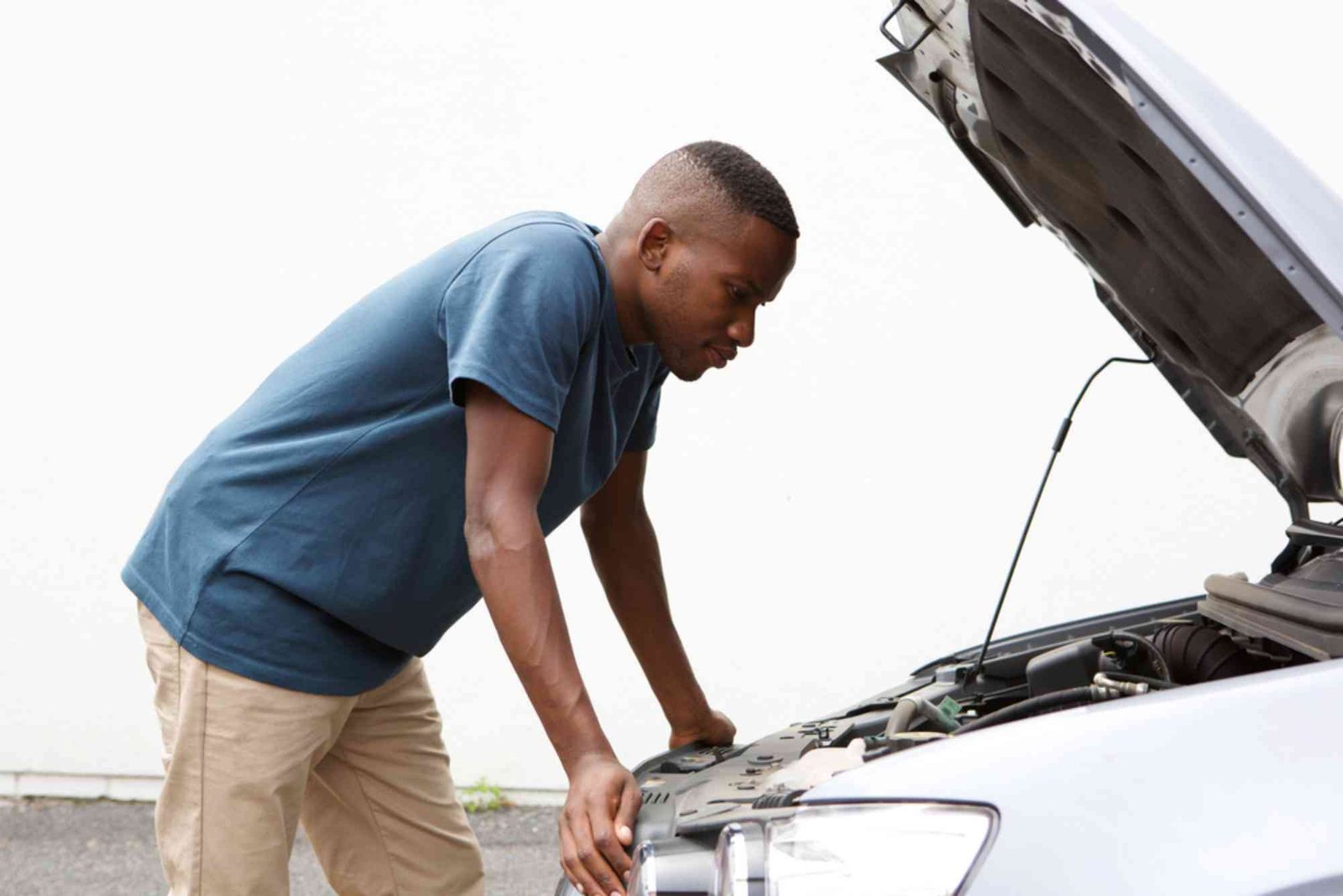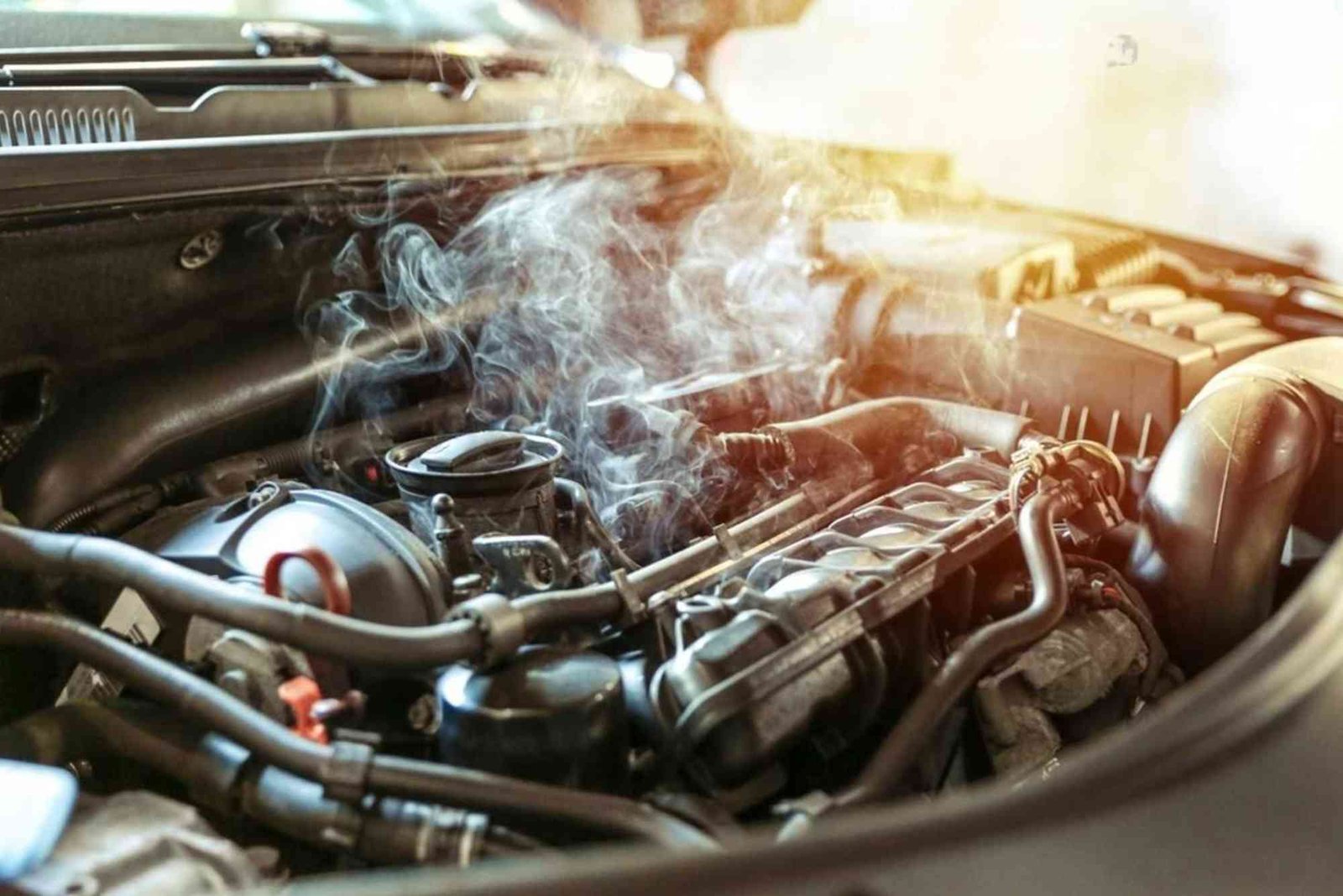Experiencing a car that shakes when accelerating but feels smooth while coasting can be alarming. Many drivers wonder if this indicates a minor issue or a serious problem. Understanding the root causes is crucial to maintaining your car’s safety and performance. In this article, we will explore the most common reasons behind this issue, how to diagnose it, and the best solutions to restore a stable ride.
Understanding the Issue: Why Your Car Shakes Under Acceleration
When your car vibrates only during acceleration, the problem often lies in the drivetrain, engine, or wheels. Acceleration places additional stress on components, revealing problems that remain unnoticed while coasting. Unlike coasting, which relies on momentum and minimal engine input, accelerating tests the vehicle’s capacity to transfer power smoothly to the wheels.
Engine and Transmission Problems
One primary reason a car shakes under acceleration is an engine or transmission issue. Worn engine mounts can no longer hold the engine steady, causing vibrations to transfer to the chassis. Similarly, transmission problems, such as a failing torque converter or worn transmission mounts, can lead to shaking when the engine delivers power to the wheels.
Misfires in the engine may also cause a rhythmic shake during acceleration. If a cylinder fails to fire correctly, it interrupts the smooth delivery of power, resulting in noticeable vibration. Ignoring misfires can lead to more severe damage, making early diagnosis essential.
Drive Shaft and Axle Concerns
For vehicles with rear-wheel or all-wheel drive, issues in the drive shaft or axle can cause acceleration vibrations. A bent or damaged drive shaft will wobble as it spins, transmitting the shake through the drivetrain. Similarly, worn CV joints or axle bearings can create instability, especially under load. These issues are often accompanied by clicking or clunking noises when turning or accelerating.
Wheel and Tire Imbalances
Wheels and tires play a significant role in ride quality. Even minor imbalances can become noticeable during acceleration. Over time, tires wear unevenly, or rims may get slightly bent, causing vibrations. Rotating tires, rebalancing wheels, or replacing damaged tires can often solve these acceleration-specific shakes.
It’s important to note that tire problems usually show up at higher speeds, while drivetrain or engine-related issues can appear even at low acceleration.
Fuel and Air Delivery Problems
A car requires the right mix of fuel and air for smooth performance. Clogged fuel injectors, dirty air filters, or malfunctioning mass airflow sensors can disrupt this balance. When accelerating, the engine demands more fuel and oxygen, making these issues apparent. Once the car is coasting, the demand drops, and the vibration may disappear.
Diagnosing the Problem: Steps to Identify the Cause
Diagnosing why your car shakes under acceleration requires careful observation and systematic checks. Start by noting when the shake occurs: at low speeds, high speeds, during gear shifts, or consistently across the acceleration spectrum.
Inspecting engine mounts for cracks or excessive movement can reveal whether the vibration originates in the engine bay. Similarly, checking the transmission and drive shaft for damage or looseness can pinpoint drivetrain issues. If the shake worsens when you step on the gas harder, it is often linked to power delivery components rather than tires.
For tire-related causes, a visual inspection and professional wheel balancing can quickly confirm whether the tires or rims are at fault. Additionally, monitoring the car’s engine performance through diagnostics tools can identify misfires or fuel delivery problems.
Common Solutions and Repairs
Once the cause is identified, targeted repairs can restore smooth acceleration. Replacing worn engine or transmission mounts often resolves shaking that originates in the engine bay. Similarly, fixing or replacing bent drive shafts, worn CV joints, or damaged axles can eliminate drivetrain-related vibrations.
Tire issues are generally easier to address. Professional wheel balancing, alignment, or replacing worn tires can remove the vibrations quickly. For engine performance problems, cleaning fuel injectors, replacing filters, or repairing misfiring cylinders ensures smooth power delivery.
It’s also recommended to perform regular maintenance to prevent these problems from recurring. Properly maintaining tires, monitoring drivetrain components, and keeping the engine in top condition can prevent the common causes of acceleration vibrations.
When to Seek Professional Help
While some issues can be addressed by car owners, certain problems require professional diagnosis and repair. Engine misfires, transmission faults, and significant drivetrain damage are best handled by trained mechanics. Driving with unresolved acceleration vibrations can lead to further damage, increasing repair costs and compromising safety.
If your car consistently shakes during acceleration, scheduling a professional inspection is the safest approach. Certified mechanics can perform a thorough evaluation, identify hidden problems, and implement long-lasting solutions.
Real-World Experiences and Advice
Drivers often notice these shakes most prominently during daily commutes or highway acceleration. Many have reported that replacing a single worn engine mount or rebalancing tires restored smooth driving immediately. Sharing experiences through forums or consulting automotive resources provides additional insight into unusual or rare causes.
For more in-depth understanding, explore resources like “Why Your Car Shakes When Accelerating But Feels Fine When Coasting” and other Related Automobile article. These guides offer practical advice on identifying and resolving vehicle vibrations.
Preventive Tips for a Smooth Ride
Preventing car shakes starts with regular inspections. Checking tires, engine mounts, and driveline components can catch problems early. Staying on top of maintenance schedules, including oil changes, filter replacements, and wheel alignments, reduces the likelihood of acceleration vibrations.
Additionally, using high-quality fuel and performing occasional engine cleaning can maintain optimal engine performance, further minimizing the chances of shakes during acceleration.
For More details about vehicle maintenance and optimization, reliable sources like trusted car manufacturers provide valuable guidance.
FAQs About Car Shakes During Acceleration
Why does my car shake only when I accelerate?
This usually points to engine, transmission, or drivetrain issues rather than tires. Components that handle power delivery are stressed during acceleration.
Can worn tires cause shaking only during acceleration?
Yes, unevenly worn or unbalanced tires can cause vibrations, although they often worsen at higher speeds.
Is it safe to drive a car that shakes when accelerating?
Minor vibrations might not be immediately dangerous, but unresolved issues can lead to serious mechanical failures. Professional inspection is recommended.
How much does it cost to fix a car that shakes when accelerating?
Repair costs vary widely based on the root cause, ranging from a simple tire balancing to engine or drivetrain repairs.
Can regular maintenance prevent acceleration vibrations?
Absolutely. Routine checks on tires, engine mounts, and driveline components can prevent most causes of shaking.
A car that shakes when accelerating but feels fine while coasting is sending a clear signal. From engine and transmission issues to tires and driveline problems, multiple factors can be responsible. Identifying the root cause early ensures safety, performance, and longevity. Maintaining regular inspections, timely repairs, and proactive maintenance can prevent this issue from escalating.
Take action today to restore your vehicle’s smooth performance and confidence on the road. If your car exhibits shaking during acceleration, don’t wait—schedule a professional evaluation and enjoy a safer, smoother drive.
For more in-depth insights on Why Your Car Shakes When Accelerating But Feels Fine When Coasting, visit our automobile section.








